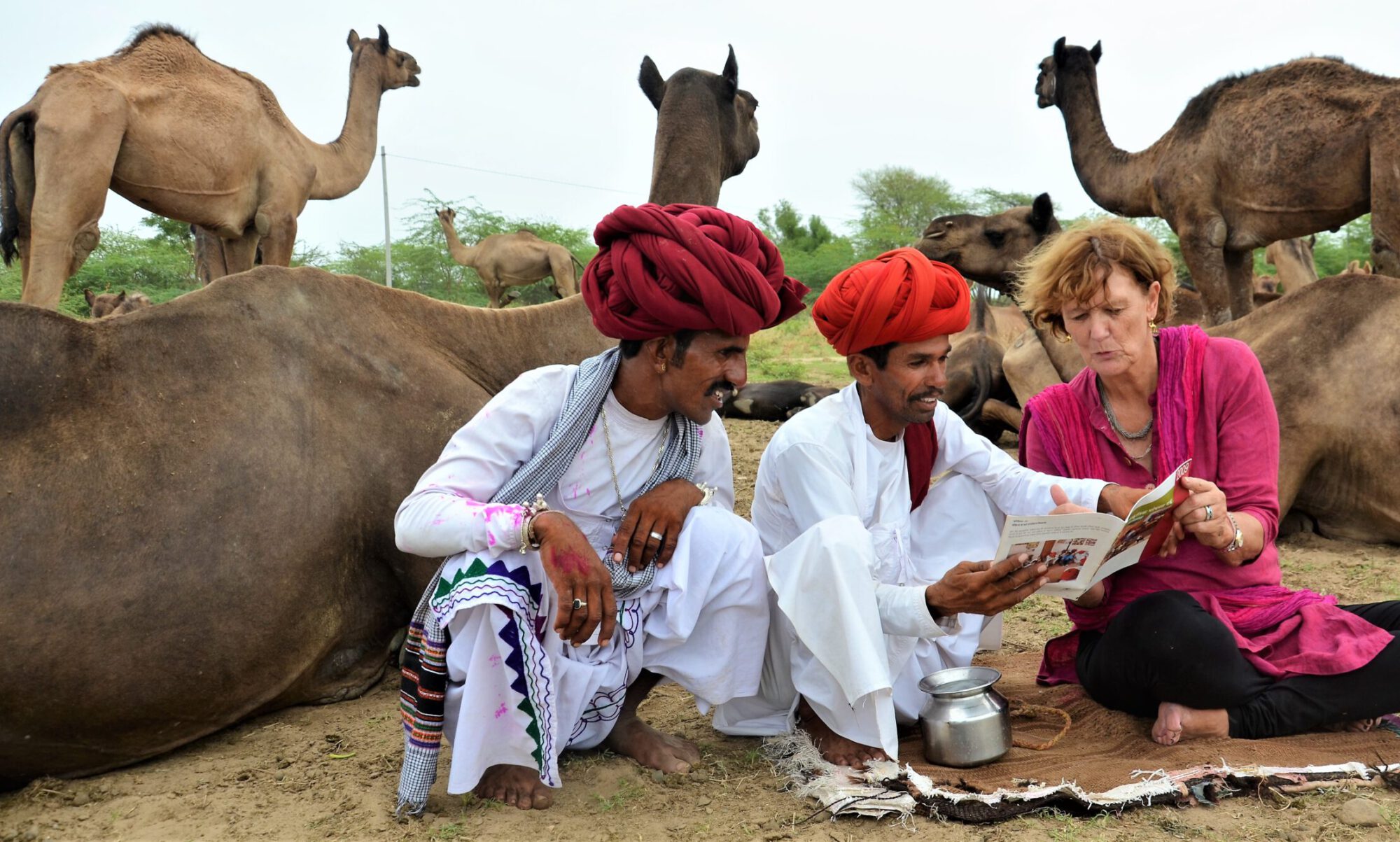The much talked about “Access and Benefit-Sharing” is not a concept appropriate for animal genetic resources – this was the conclusion of an International Technical Expert Workshop on Access and Benefit-Sharing for Animal Genetic Resources that took place in Wageningen in the Netherlands at the beginning of December. Organised by the Dutch government as well as Switzerland and Norway, the meeting sought to analyse the implications of the Nagoya Protocol on the exchange of breeds and genes across international borders. Normally this works quite well, as individual animals – that embody the genetic resourcs -are sold to their new owners in other countries at a certain price, and the government only comes in, if there are hygienic restrictions or if does not allow export. But now, if the Nagoya protocol was implemented according to the letter, the procedure would change: every time there is an international transaction, a contract about Access and Benefit-Sharing would need to be developed.
The experts at the meeting, representing almost all stakeholder groups and more than 30 countries, agreed that exchange of livestock genetic material needed to be as unimpeded as possible. The positive thing was the consensus that “Livestock Keepers’ Rights” needed to be addressed, and that maybe this should be done on the context of an amendment to the Global Plan of Action on Animal Genetic Resources. There was also widespread support for Biocultural Community protocols which were also mentioned in the recommendations. These will be presented to the next meeting of the Commission on Genetic Resources for Food and Agriculture (CGRFA) that will be held at FAO in Rome in July 2011.

Writings about pastoralists, camels, and the future of livestock keeping by Ilse Köhler-Rollefson
 Follow
Follow